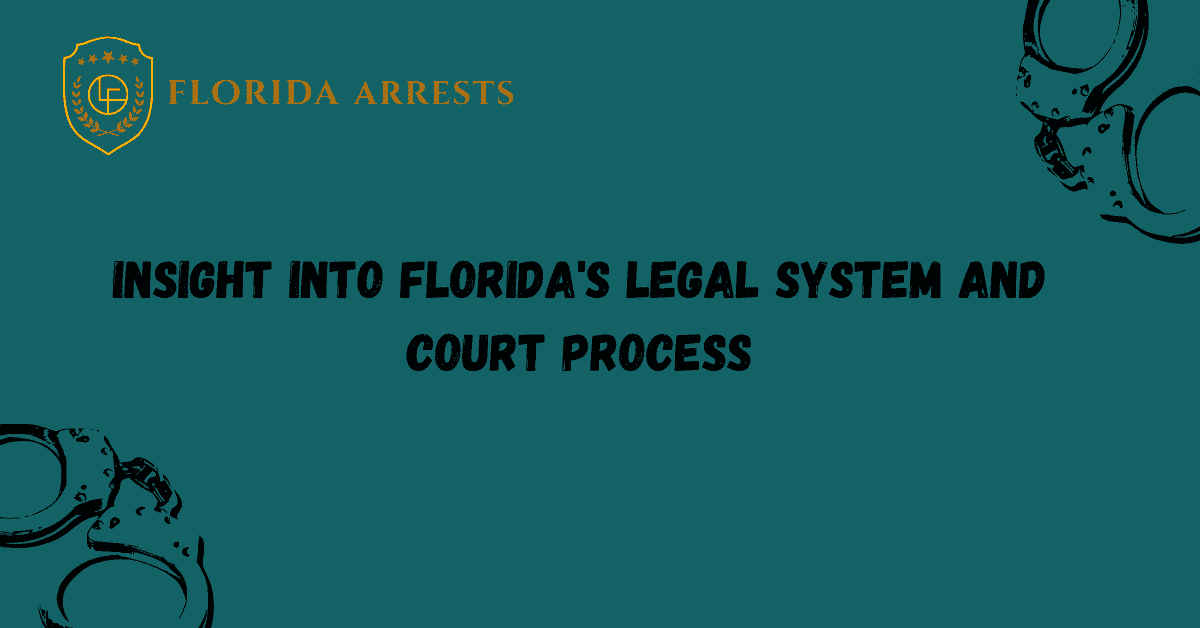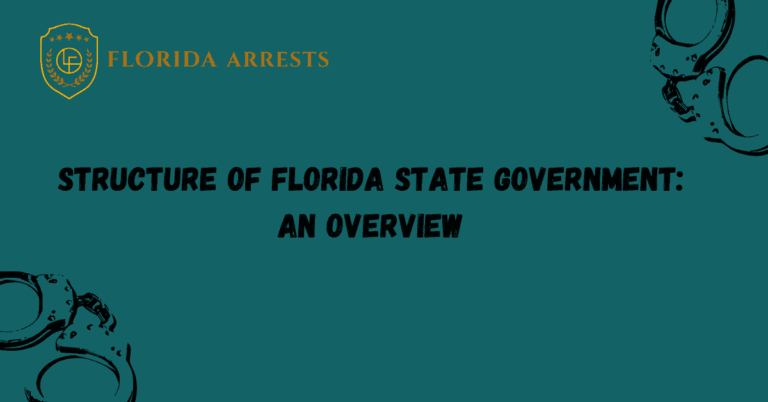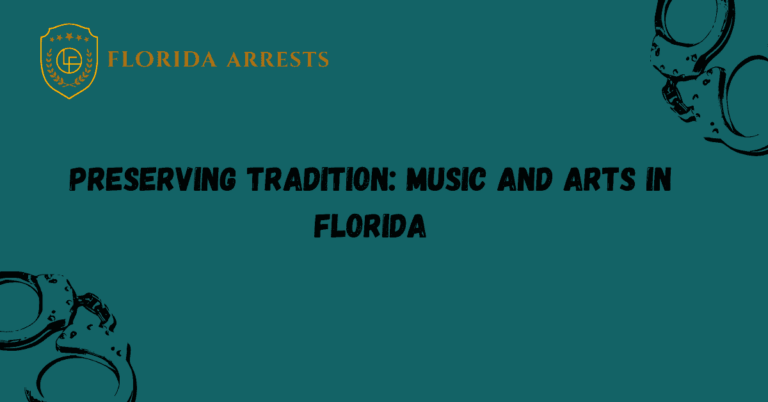Insight into Florida’s Legal System and Court Process
Florida’s legal system is a complex and intricate network of laws, regulations, and processes designed to ensure justice is served. With a rich history and diverse population, the state’s courts play a crucial role in upholding the rule of law and protecting the rights of its residents.
From traffic violations to high-profile criminal cases, Florida’s court process is designed to provide fair and impartial hearings. The state is divided into multiple judicial circuits, each with its own set of judges and courtrooms. Whether it’s a small claims dispute or a major civil lawsuit, individuals can expect their cases to be heard in a timely manner by knowledgeable and experienced judges.
The Role of Florida’s Legal System
Florida’s legal system is a complex and intricate network of laws, regulations, and processes designed to ensure justice is served. With a rich history and diverse population, the state’s courts play a crucial role in upholding the rule of law and protecting the rights of its residents.
Fair and Impartial Hearings
From traffic violations to high-profile criminal cases, Florida’s court process is designed to provide fair and impartial hearings. The state is divided into multiple judicial circuits, each with its own set of judges and courtrooms. Individuals can expect their cases to be heard in a timely manner by knowledgeable and experienced judges.
The Importance of Judicial Circuits
Florida’s judicial system is organized into multiple judicial circuits, which are geographical divisions that determine where cases are heard. Each circuit has its own set of judges who are responsible for presiding over cases within their jurisdiction. This division ensures that cases are handled efficiently and that judges have a deep understanding of the local laws and legal landscape.
A Timely and Efficient Process
Florida’s court system is committed to providing a timely and efficient process for all cases. Whether it’s a small claims dispute or a major civil lawsuit, individuals can expect their cases to be handled promptly. This commitment to efficiency ensures that justice is served without unnecessary delays, allowing individuals to resolve their legal matters in a timely manner.
Knowledgeable and Experienced Judges
Florida’s courts are staffed by knowledgeable and experienced judges who are well-versed in the state’s laws and legal precedents. These judges have undergone rigorous training and have a deep understanding of the intricacies of the legal system. Their expertise ensures that cases are decided based on a thorough understanding of the law, promoting fairness and justice.
Protection of Rights
One of the primary functions of Florida’s legal system is to protect the rights of its residents. The courts are responsible for ensuring that individuals are treated fairly and that their rights are upheld. This includes protecting individuals from unlawful actions, resolving disputes, and ensuring that justice is served for all parties involved.
A History of Upholding the Rule of Law
Florida’s legal system has a rich history of upholding the rule of law. From landmark cases to important legal decisions, the state’s courts have played a vital role in shaping the legal landscape. The commitment to upholding the rule of law ensures that individuals can trust in the fairness and integrity of the legal system in Florida.
FAQs
What is the legal system in Florida?
The legal system in Florida is based on common law, which is a system of law developed by judges through decisions of courts and similar tribunals. It is also influenced by statutes enacted by the Florida Legislature.
What are the different courts in Florida?
Florida has a tiered court system consisting of the Supreme Court, District Courts of Appeal, Circuit Courts, County Courts, and various specialty courts. Each court has different jurisdictions and handles different types of cases.
How does the court process work in Florida?
The court process in Florida typically begins with the filing of a complaint or a petition. The parties involved then go through pretrial procedures, such as discovery and negotiation. If the case cannot be resolved, it may proceed to trial, where a judge or jury will hear the evidence and make a decision.
What is the role of judges in the Florida legal system?
Judges in Florida play a crucial role in interpreting and applying the law. They preside over court proceedings, make decisions on legal issues, and ensure that the rights of all parties are protected. They are responsible for maintaining fairness and justice in the legal system.
What are the differences between civil and criminal cases in Florida?
In civil cases, individuals or organizations seek legal remedies for disputes, such as personal injury claims or contract disputes. In criminal cases, the state prosecutes individuals who have allegedly committed crimes. The burden of proof is higher in criminal cases, as the accused must be proven guilty beyond a reasonable doubt.
How long does it take for a case to be resolved in the Florida legal system?
The time it takes to resolve a case in the Florida legal system can vary widely depending on various factors, such as the complexity of the case, the court’s docket, and the availability of evidence and witnesses. Some cases can be resolved in a matter of months, while others may take years.







